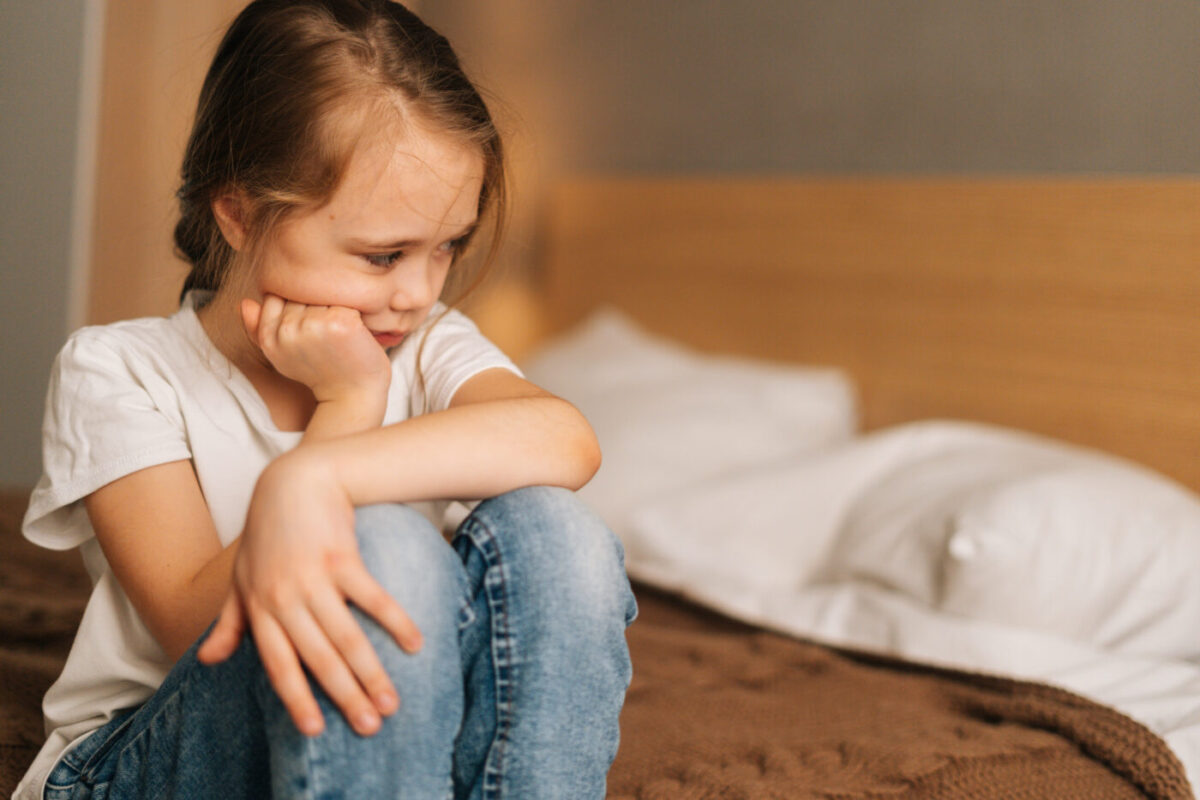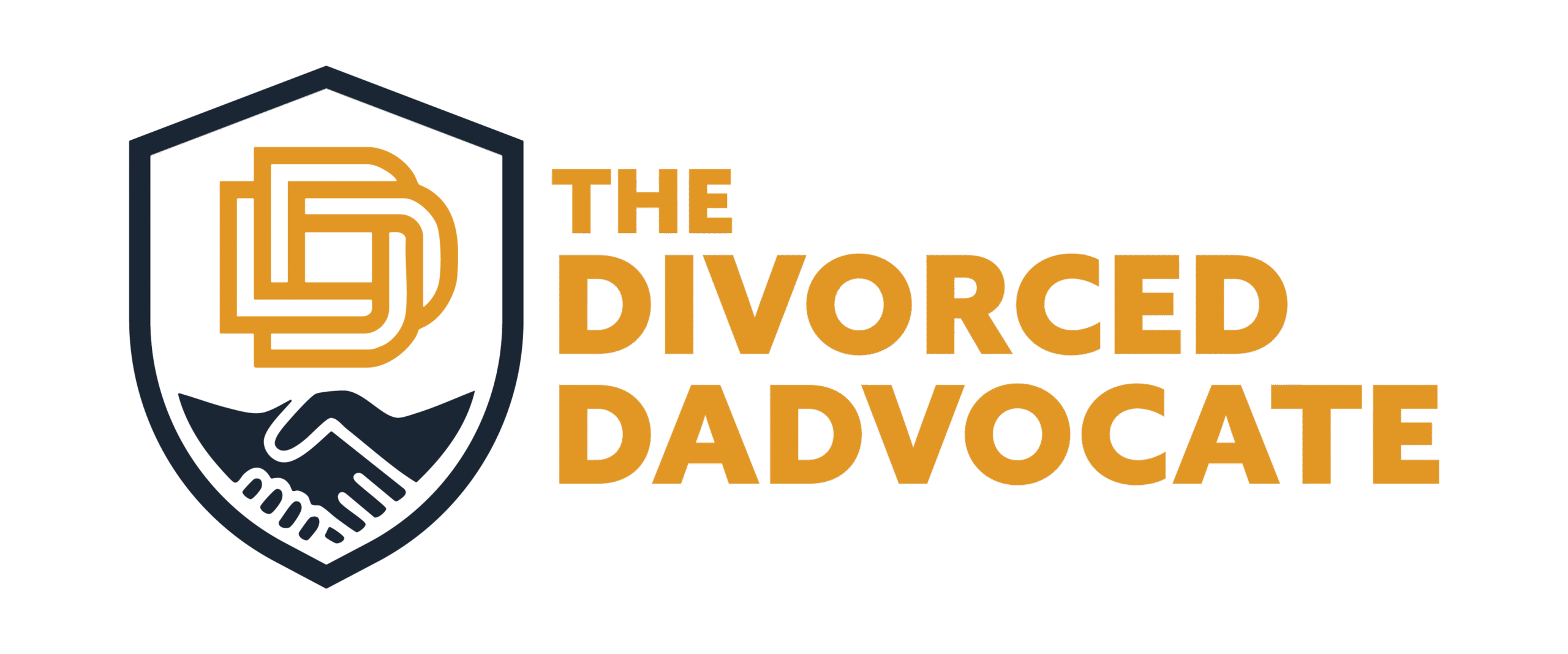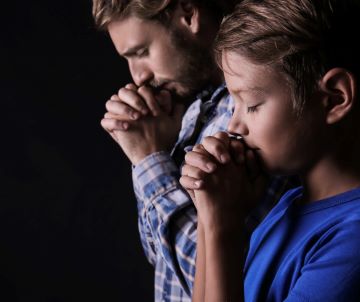9 Signs Your Kid May Be Experiencing Childhood Depression

Life was not easy for Peyton James. He was born two months premature and spent the first month of his life in the hospital on pure oxygen. The oxygen would permanently discolor his teeth. For years, he suffered abuse from his classmates because of it. They eventually would move on to mock other physical features, such as his red hair and freckles. Some would throw rocks at him, and one would even trip him going down the stairs at school. He often came home in tears. In 2013, he started to make statements about killing himself. Peyton was showing signs of depression. His parents tried to get him help. Unfortunately, the torment was too much, and on October 9, 2014, he took his life. He was only 13.
Adolescence is difficult enough without the added suffering Peyton endured. Kids can become depressed for a number of reasons: grades, bullying, lack of friends, feeling like they don’t fit in, divorce, death in the family, the list goes on and on. Understanding the signs of depression and getting help early gives kids the best chance to overcome. Some are loud cries for help, but others can go easily unnoticed. Here are 9 signs your kid may be experiencing childhood depression.
Note: The following is not a diagnosis. It should not replace seeing a doctor or therapist. These are signs that may give insight into what your child could be experiencing. There may also be signs not listed here. If you believe your child is depressed, you should take him or her to an expert who can properly diagnose and treat depression.
1. Tired All the Time
There could be a couple of reasons for your child feeling tired all of the time. One thing it could be associated with is a disruption in their sleeping patterns. Depressed people may suffer from insomnia or experience the opposite—they oversleep. Another reason could be that their motivation and energy levels drop. Even the smallest tasks can feel like climbing Everest.
2. Difficulty Focusing
They start having trouble processing normal information or become forgetful. A lot of kids have trouble focusing, but if you see a change in their normal processing, it could be a sign of depression.
3. Easily Agitated or Downtrodden
A loss of hope and feelings of being stuck can make them irritable and pessimistic. If they seem overly sensitive, it may be driven by underlying anxiety and worry. All of this is common when experiencing depression.
4. Loss of Interest in Things They Loved
Have they lost the desire to do the activities and hobbies that brought them joy? When they abandon their interests, take the opportunity to talk to them about it. Find out the reason. Dig deep and pay attention to their emotional state.
5. Thoughts or Mention of Suicide
Take any mention of suicide or hurting them self seriously. This is not only a sign of depression but a danger warning. However, it doesn’t specifically need to reference suicide. Pay attention if they seem to be focused on the subject of death. They could just be curious, but there might be something deeper going on.
6. Cutting
Cutting or burning tends to be an unhealthy coping mechanism. When a kid is experiencing childhood depression, they may feel like they have no control over their pain. In their mind, cutting gives them some sense of control. Pay attention to their arms and legs as those tend to be cutting areas. If they wear a lot of long-sleeved shirts, even when it is hot out, they may be trying to hide scars.
7. Substance Abuse
Similar to cutting, substance abuse is an attempt to control the pain. This time, though, it is through numbing it or creating a distraction.
8. Weight Change
When experiencing depression, the appetite can change. This can be another way to feel in control of something or could be directly tied to the emotions themselves. So if there is a sudden weight change, loss or gain, start asking questions about how they feel about things. Concentrate the questions on their feelings about life, school, friends, activities, and the family.
9. Mysterious Health Issues
Chronic and perhaps mysterious stomachaches and back pain are some health issues associated with depression. Again, ask your child questions and assess their emotional state. Then take them to the doctor. If the physician isn’t able to identify the problem, then ask him or her about possible emotional causes and depression.
Sound off: Are there other signs of childhood depression to add to this list?
Source: All Pro Dad here





Responses